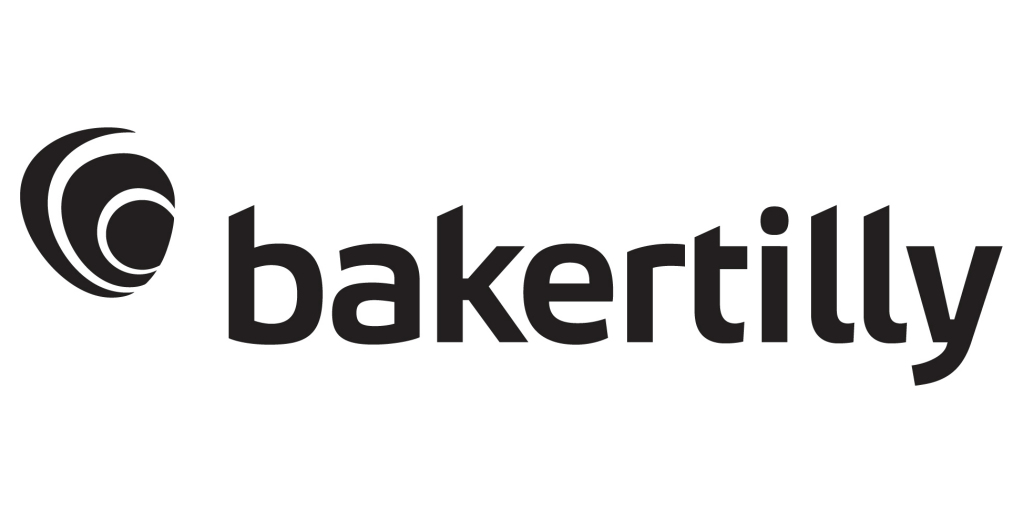Baker Tilly Case Study: Manufacturer of Battery Modules Implements Inflation Reduction Act Domestic Content Guidance To Catalyze Growth
Business challenge
The client, Eos Energy Enterprises, is a Pennsylvania-based manufacturer of large energy storage battery modules for use in industrial, commercial and utility applications. As their customers worked to plan significant projects, Eos Energy Enterprises received numerous inquiries requesting sensitive cost data to provide as substantiation for a domestic content bonus tax credit that the customer intended to claim.
The client engaged Baker Tilly to perform an independent assessment on domestic content qualification. This assessment aimed to safeguard sensitive information related to manufacturing costs with their customer. Additionally, they sought assistance in verifying the level of qualified domestic cost in two of their products under the domestic content bonus credit* framework. The client was also interested in consulting with an industry specialist knowledgeable about the Inflation Reduction Act (IRA) to gain deeper insights into domestic content guidance from the IRS.
*The domestic content bonus credit allows taxpayers to claim up to 10% credit for constructing clean energy projects using domestically produced steel, iron and manufactured products.
How Baker Tilly helped
Baker Tilly’s IRA experts established a framework to assess the domestic content of the manufacturer’s products using the guidance provided by IRS’ Notice 2023-38.
First, Baker Tilly conducted an independent assessment of the manufacturer’s eligibility for the domestic content bonus credit by verifying the steel or iron requirement and products qualified as applicable project components under the requirements of the manufactured product guidance. We worked with the client to pull relevant product documentation including engineering drawings and product specifications to understand the scope and application of each of the products under review.
We conducted an on-site assessment of the manufacturing facility and processes, which included verifying manufacturing documentation such as process flow diagrams and facility layouts. The goal of the on-site assessment was also to verify proper manufacturing processes were completed to comply with the guidance’s manufactured products requirement.
We reviewed the client’s direct material and direct labor cost allocation methodology along with an audit of the purchase ledger and invoices for each of the sub-components listed on the bill of materials for each product. The audit was performed to understand direct material purchasing costs and contract manufacturing costs for each raw material used in the final product. For direct labor costs, we gathered available operations data and applied our framework to exclude ineligible cost categories to determine the direct labor costs for manufacturing the product.
Data was aggregated to create a cost model that incorporates bills of materials, purchasing history, labor costing and supplier data to estimate total domestic cost for each of the products.
The result
A memorandum of the results of the domestic content guidance assessment was published to the client, including domestic content percentages at both the product level and applicable project component levels. Eos Energy Enterprises plans to leverage our framework and results to proactively assert domestic content to its customers and to monitor the impact of supply chain optimization on the level of domestic content in its products to drive value for its customers.

